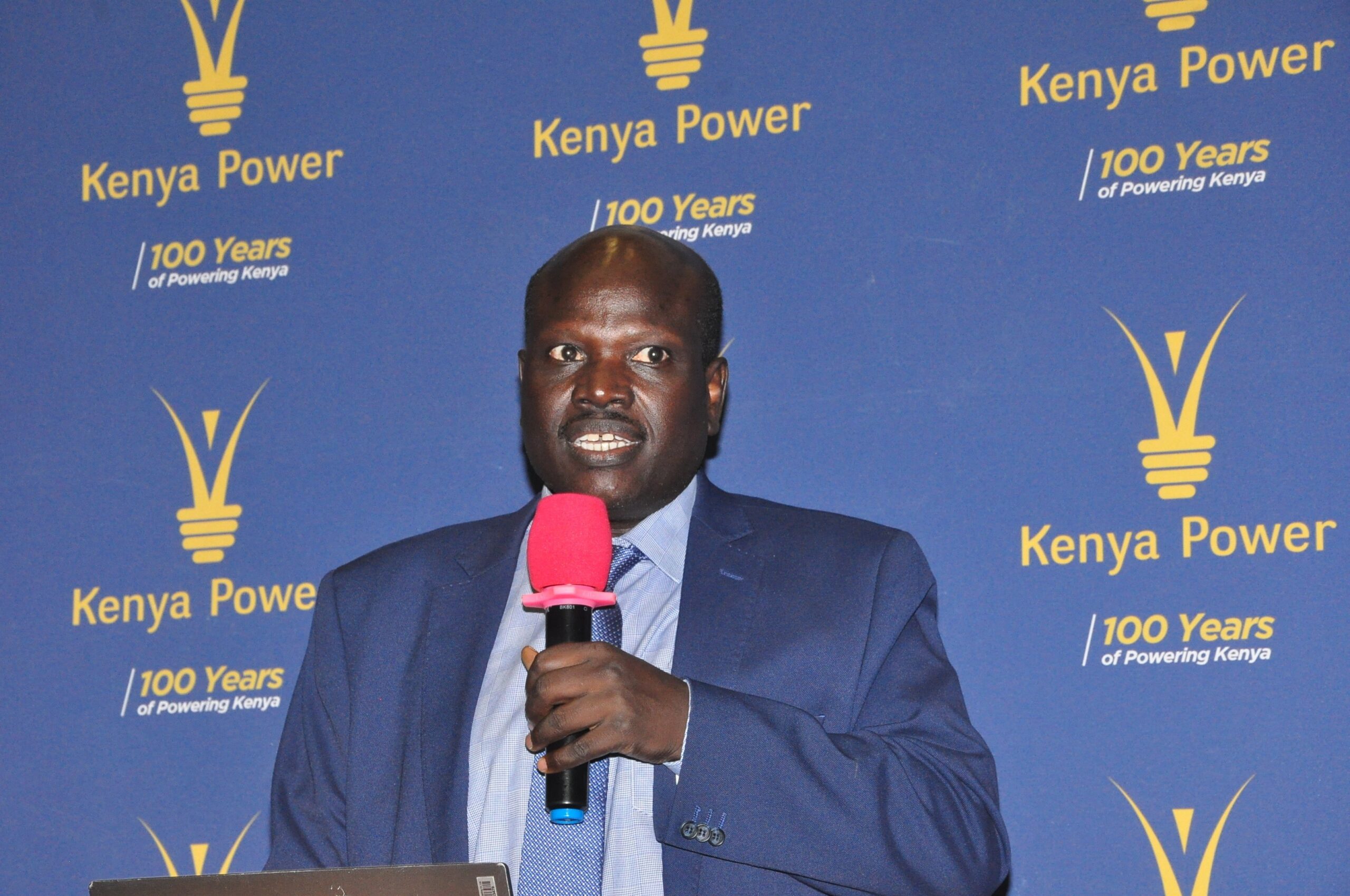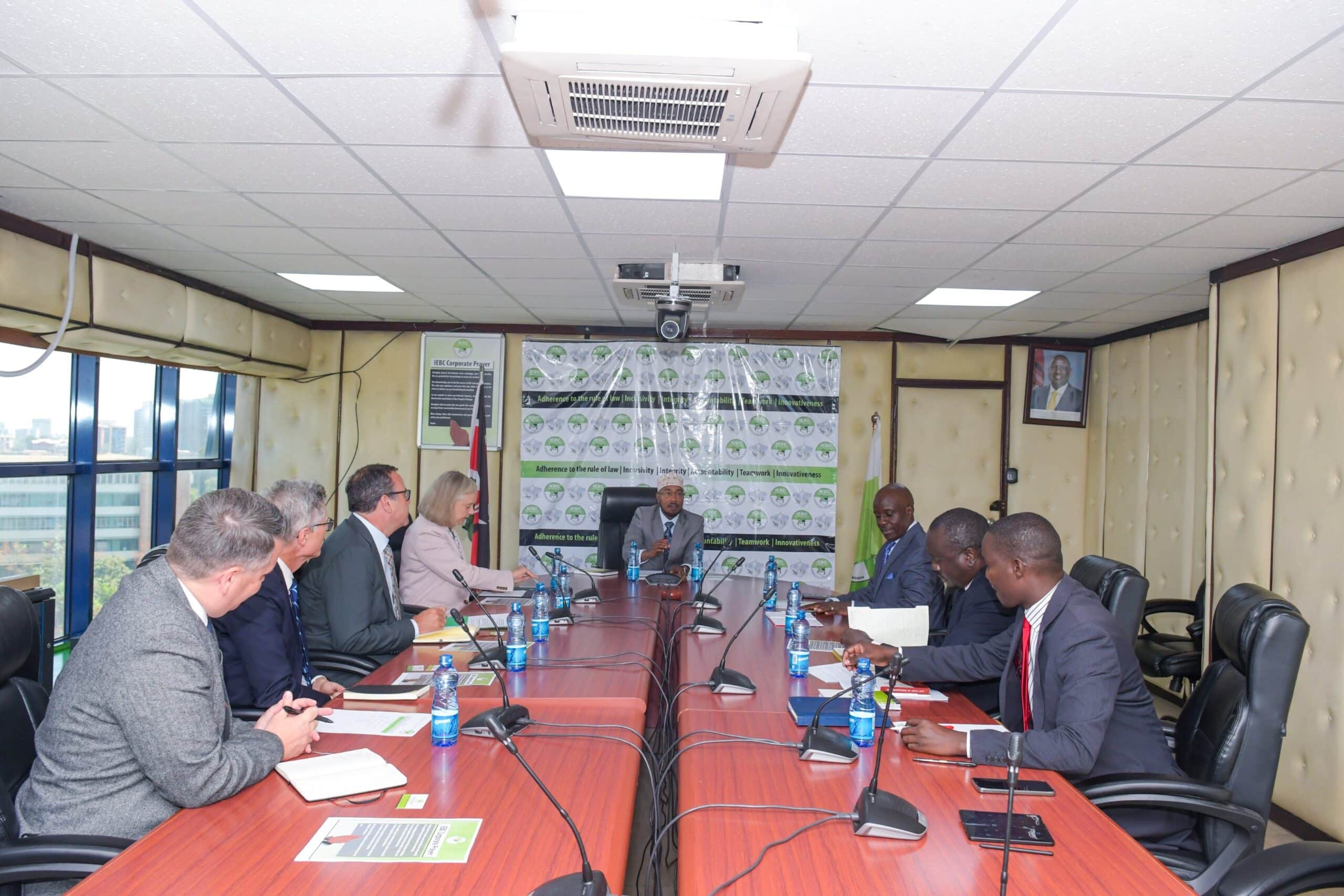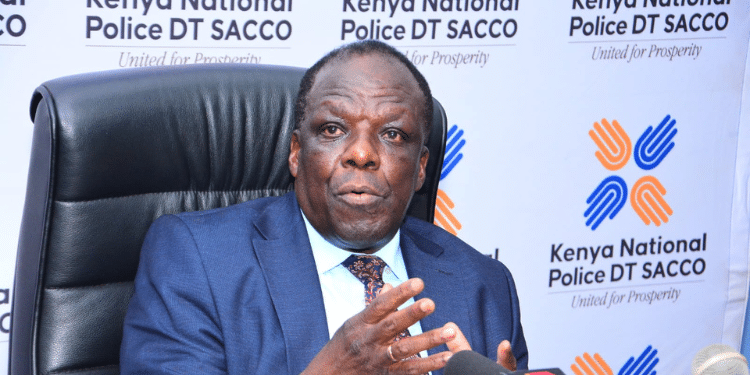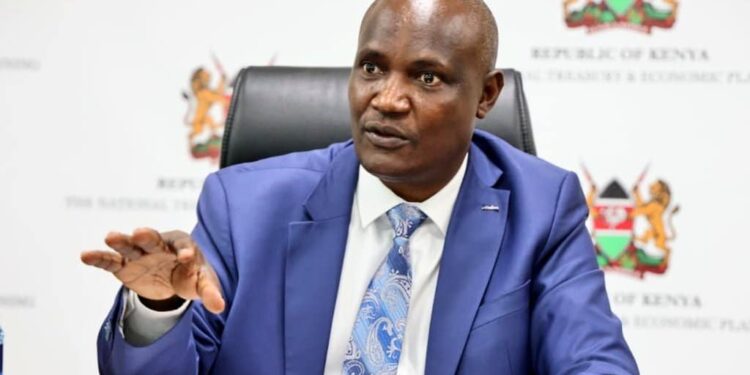The Auditor General Nancy Gathungu has flagged the National Treasury over discrepancies of Ksh.161 billion used in external debt repayment for the past three financial years.
Gathungu raised questions over unclear use of Ksh161 billion in a special audit report on the debt servicing of external loans in Kenya, for the past three financial years.
Gideon Mokaya, Director of Public Audit at the Office of the Auditor General (OAG) told the National Assembly’s Public Debt and Privatization Committee that there was variance in National Treasury’s budgeted, approved and actual debt services for the financial years 2020-2021, 2021-2022 and 2022-2023.
In the financial years 2020-2021 and 2021-2022, the repayments were less than the Controller of Budget approved amounts by Ksh.1.4 billion and a staggering Ksh.83.3 billion respectively.

This means that the amounts paid by the Treasury were less than the ones approved and allocated by the Controller of Budget.
However, in the preceding financial year, the National Treasury went over and beyond the approved amount by a whooping Ksh77 billion.
“Our position is that these variances are high, and if they are doing the budgeting process, they are captured accurately so that the variances are not as big as we see here,” Mokaya said.
According to Mokaya, the 10 % is above the 5 % provision to cater for fluctuations as the loan falls due which is usually determined as an approximation of the long-term depreciation of the Kenya Shilling against other currencies.
“The 10% is as a result of 8%, 22% and 0% overbudgeting in the FYs 2020/21, 2021/22 and 2022/24 respectively. As AOG, we recommended that there should be transparency on how to arrive at the percent provisioning to cater for foreign currency fluctuations,” Mr. Mokaya told the Committee.
Treasury Response & Lack of’ Documents
Treasury said the fluctuations were caused by the exchange rates of the Kenyan shilling against other currencies.
Additionally, Gathungu said she could not get all the required documents to point the borrowed monies to specific projects.
The audit revealed that out of the 32 sampled project loans, only 18 projects had undergone feasibility studies to ascertain need.
At the same time, the audit established that 22 out of the 32 sampled project loans did not have documentation or evidence to support public participation, leading to projects which did not have the public’s input.
Also Read: Kenya & Other Poor Countries Reject $300 Billion Donation
“This could be an issue for corruption…PFM Act says you don’t procure services and goods beyond your budget. If you do it, it is an offense,” Baringo North MP Joseph Makilap said.
A majority of the project loans also did not have approvals exposing the projects to the risk of double-financing and incurrence of costs outside the budget.
Further, the audit also revealed that only 5 out of the 32 project loans had legal opinions from the Attorney General.
Also Read: More Woes for Gachagua as Millions Splashed Raise Alarm
Gathungu Reveals Late Payments
The OAG also noted that during the period under review, there was an inadequate adherence to loan due dates while servicing the debt.
In the sampled 90 Payment Advice (PAs) spread across the 3-year period only 29 Pas were paid within the due dates, 11 Pas delayed by a range period of 3 to 330days while 50 PAs were between 3 to 14 days.
Mokaya told the Members that in their defense, the National Treasury disclosed to them that they only settle obligations upon receipt of demand notes or bills.
Follow our WhatsApp Channel and join our WhatsApp Group for real-time news updates.












































































